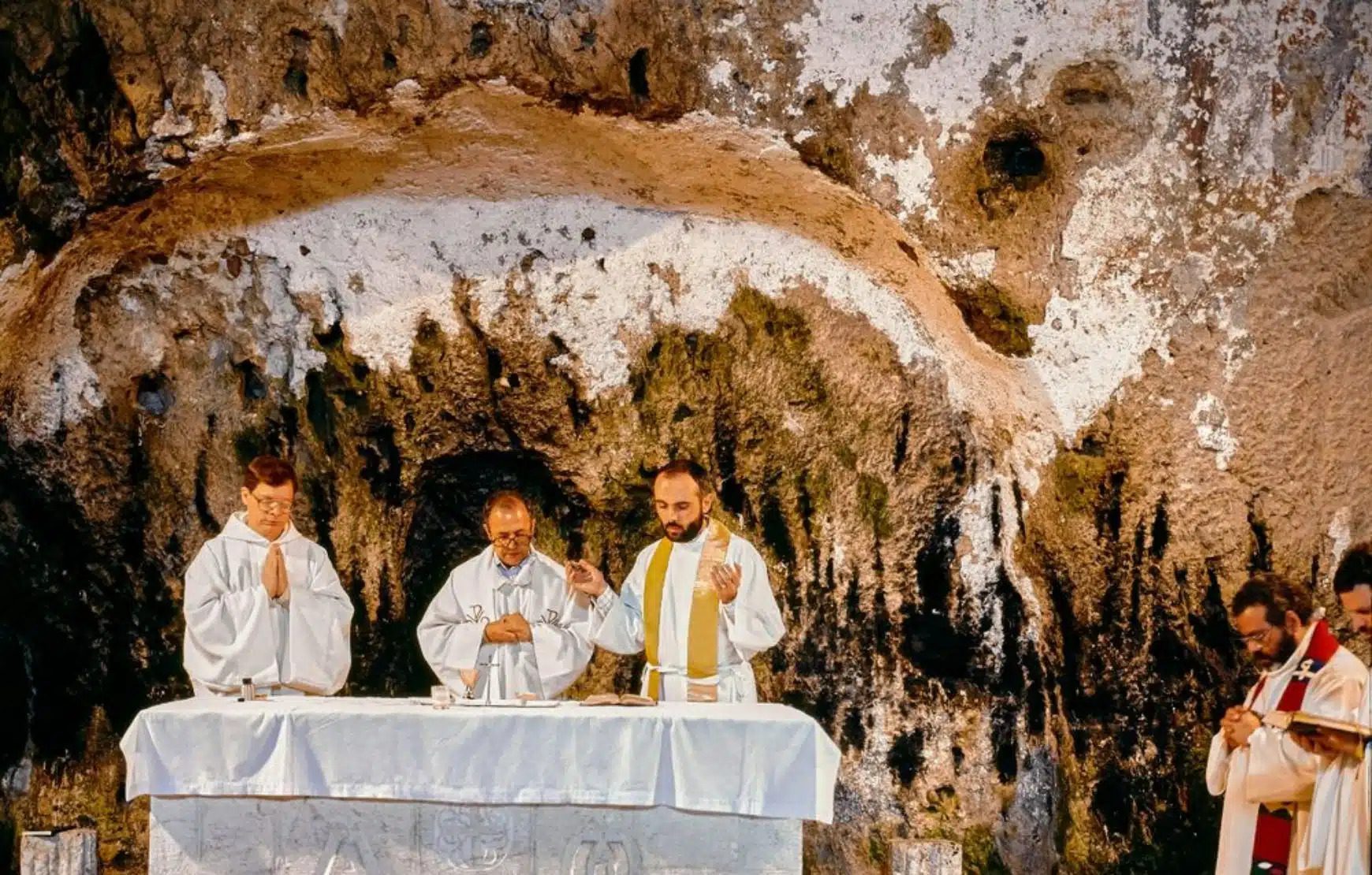
Introduction
One of the most intriguing figures in the Christian narrative, St. Paul the Apostle is renowned for his contributions to the spread of Christianity across the Roman Empire. From converting non-believers to penning numerous letters that later formed part of the New Testament, St. Paul's influence on Christian theology is monumental. What many may not realize is the significant role that modern-day Turkey played in these missionary journeys. The connection between St. Paul and Turkey unveils a rich tapestry of cultural, historical, and religious interactions that still resonate today.
St. Paul's Background
Born in Tarsus, a city located in what is now southern Turkey, St. Paul (originally named Saul) was a Roman citizen and a Jew. After experiencing a miraculous conversion on the road to Damascus, Paul committed himself to spreading the teachings of Jesus Christ. His missionary journeys are extensively documented in the New Testament, primarily in the Book of Acts and through his letters to various churches.
The Missionary Journeys
First Journey
St. Paul embarked on his first missionary journey around AD 47-49. He traveled with Barnabas and Mark, beginning from Antioch in Syria and heading towards Cyprus before setting sail to the southern coast of modern-day Turkey. They visited cities like Perge, Antalya, and Iconium (Konya), spreading the Christian gospel. Here, the role of Turkey as a geographical link between the East and West becomes evident, acting as a conduit for the transmission of religious teachings.
Second Journey
On his second missionary journey (AD 49-52), St. Paul traveled through Asia Minor, which is largely part of modern-day Turkey. Starting again from Antioch, he visited places like Lystra, Derbe, and Troas before crossing over to Macedonia in Europe. Cities like Troas would serve as important stepping stones for St. Paul, linking Asia Minor to Europe and spreading Christianity across continents.
Third Journey
During his third journey (AD 52-57), St. Paul revisited cities in Asia Minor like Ephesus, a significant ancient city located in what is now Turkey. Here, he stayed for nearly three years, teaching and strengthening the Christian community. Ephesus is particularly noteworthy for its relevance in early Christian history and its ruins remain a significant tourist and pilgrimage site today.
Relevance to Turkey
Cultural and Historical Significance
St. Paul's journeys through what is now Turkey display the region's rich cultural and historical backdrop. These locations were crucial in the spreading of Christianity and their heritage continues to be preserved in modern-day Turkey through ruins, churches, and museums.
Religious Tourism
The connection between St. Paul and Turkey has also led to the establishment of the St. Paul Trail, a hiking path that traces the steps of the Apostle through this fascinating landscape. The trail has become a unique blend of pilgrimage and tourism, attracting thousands of visitors every year.
Interfaith Dialogue
Turkey's role in St. Paul's missionary activities serves as a historical testament to the country's unique position at the crossroads of various cultures and religions. This has implications for modern interfaith dialogue, suggesting a long-standing tradition of religious pluralism and coexistence in the region.
Conclusion
The missionary journeys of St. Paul are more than just a fascinating chapter in religious history; they represent a vital link to understanding the role of Turkey in the spread of Christianity. From Tarsus to Ephesus, the footsteps of St. Paul in Turkey continue to captivate scholars, believers, and tourists alike, underscoring the region's significance in the shaping of a religion that now has billions of followers worldwide.